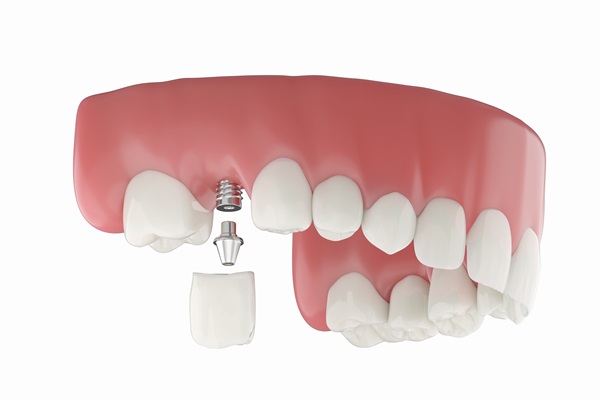3 Reasons to Seek Facial Trauma Treatment

Facial trauma treatment differs based on the severity and location of the damage. Continue reading to learn how an oral surgeon addresses facial trauma. It can cause other medical issues, so it is important to seek treatment promptly. An oral surgeon is a face trauma specialist who is trained in maxillofacial surgery and treatment. They have the education and skills to treat patients who have sustained an injury that requires immediate attention, emergency treatment, and reconstruction.
3 Situations where facial trauma treatment may be necessary
Bone fractures, soft tissue injury to the gums and skin, or damage to the facial nerves, salivary glands, or eyes are all examples of facial trauma. The trauma could be from falling, a car accident, physical assault, or a sports accident. When there are fractured bones in the face, they must be lined up and held in place for some time to heal correctly. This might take six weeks or longer, depending on the extent of the damage and the patient’s age. The following are reasons to seek facial trauma treatment:
1. Upper or lower jaw fracture
If a patient suffers fractures of the lower jaw (mandible) and upper jaw (maxilla), the oral surgeon will typically perform orthognathic surgery and orthodontic therapy. This is necessary so that patients can open and close their mouths, chew properly, and realign the jaw correctly for a normal bite. The procedure may require wiring the jaw to heal the fracture or repositioning the bones and holding them with screws and plates pending healing. The process is known as "rigid fixation" and it takes less time to recuperate than jaw wiring.
2. Eye socket, nose, or cheekbone fractures
Facial fractures can lead to swelling or the feeling that the teeth are misaligned. It may also be difficult to open and close your mouth. If the fracture is not significant, the dentist may suggest sticking to a liquid diet for a certain period to allow the damage to heal on its own. If the patient needs a dental operation, the jaw will be wired shut, or, in the event of a fractured jaw, the bones will be surgically put in place and secured together with screws and plates.
3. Lacerations on the face and mouth
Face injuries need suturing to fix the damage and avoid infection. The oral surgeon will also need to examine and treat injuries to the salivary glands, ducts, and facial nerves. For intra-oral lacerations, the oral surgeon may recommend suturing and requires careful examination to rule out damaged teeth or a fractured cheek or jaw. Most wounds heal fast, but the oral surgeon will check on you again after 48 hours to ensure the injury is healing properly and is not infected.
Final note
If the patient suffers a knocked-out tooth and there is no damage to the bone or the tooth itself, the dental professional may be able to restore the tooth and keep it in place with a soft wire splint. After a month or two, the root should reattach to the bone, allowing the splint to be removed.
Request an appointment here: https://www.drjstearns.com or call Platte Valley Oral Surgery at (303) 997-0220 for an appointment in our Denver office.
Check out what others are saying about our services on Yelp: Facial Trauma Treatment in Denver, CO.
Recent Posts
Wisdom teeth extraction may be necessary to achieve better dental health. Research shows that the third molars often emerge after all your teeth have erupted. Wisdom teeth may not be a problem at all. But in some cases, the dentist will recommend their removal. Here are the details on how a wisdom teeth extraction happens.This…
Single-tooth implants use dental implant technology to provide long-term and natural-looking solutions to tooth loss. Since losing only one tooth can impact oral health, function, and appearance, replacing the tooth must be a priority. Here is a closer look at the importance of individual tooth replacement and some compelling reasons to consider single-tooth implants.Having a…
Infections after dental procedures occur frequently and that is primarily due to a lack of education on how to avoid it, however, with the help of an oral surgeon, infections can be avoided in a few ways. Oral surgeons are dental professionals who focus on invasive procedures that are necessary in order to treat or…
Clinical studies show that the dental implant remains the gold standard of dental restorations. Implants can help bring back your smile and dental function. The right dental professional can perform the procedure without any issues. Here are the details on how an oral surgeon approaches a dental implant surgery.Choosing a dentist who has training and…


